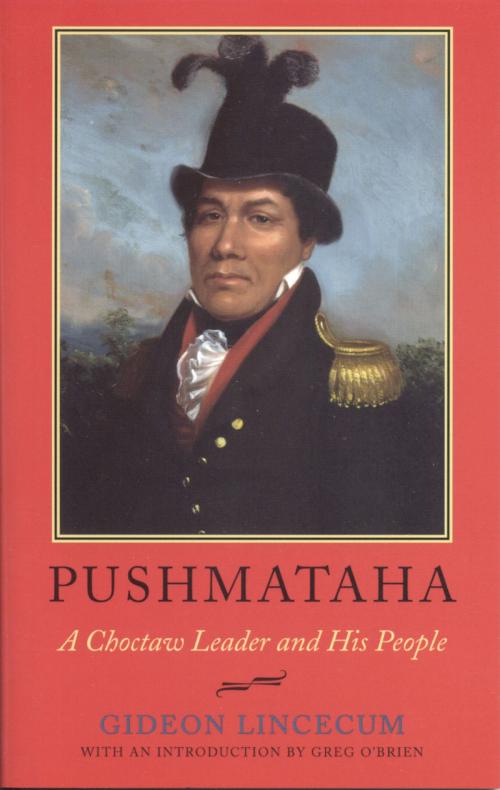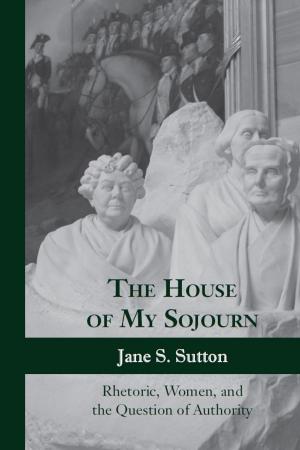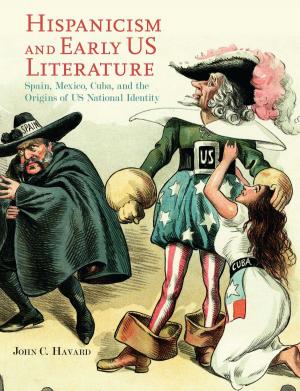Pushmataha
A Choctaw Leader and His People
Nonfiction, History, Americas, United States, State & Local, Social & Cultural Studies, Social Science, Cultural Studies, Native American Studies| Author: | Gideon Lincecum | ISBN: | 9780817384692 |
| Publisher: | University of Alabama Press | Publication: | May 20, 2010 |
| Imprint: | Fire Ant Books | Language: | English |
| Author: | Gideon Lincecum |
| ISBN: | 9780817384692 |
| Publisher: | University of Alabama Press |
| Publication: | May 20, 2010 |
| Imprint: | Fire Ant Books |
| Language: | English |
Valuable, original, and difficult-to-find resources on Choctaw history and culture.
This important book comprises two articles that appeared in the 1904 and 1906 volumes of Publications of the Mississippi Historical Society. In "Life of Apushimataha," Gideon Lincecum tells the story of Choctaw chief Pushmataha, who was born in Mississippi in 1764. A fearless warrior, his name literally means "one whose tomahawk is fatal in war or hunting." As a charismatic leader, his foresight in making an alliance with General Andrew Jackson brought the Choctaws into war with the Creek Nation and into the War of 1812 but served to their benefit for many years with the United States government. In 1824, Pushmataha traveled to Washington, D.C., to negotiate the Treaty of Doak's Stand as pressure grew for Choctaw removal to Oklahoma Territory, but he fell ill and died there. He was buried with full military honors in the Congressional Cemetery at Arlington.
In "Choctaw Traditions about Their Settlement in Mississippi and the Origin of Their Mounds," Lincecum translates a portion of the Skukhaanumpula—the traditional history of the tribe, which was related to him verbally by Chata Immataha, "the oldest man in the world, a man that knew everything." It explains how and why the sacred Nanih Waya mound was erected and how the Choctaws formed new towns, and it describes the structure of leadership roles in their society.
Valuable, original, and difficult-to-find resources on Choctaw history and culture.
This important book comprises two articles that appeared in the 1904 and 1906 volumes of Publications of the Mississippi Historical Society. In "Life of Apushimataha," Gideon Lincecum tells the story of Choctaw chief Pushmataha, who was born in Mississippi in 1764. A fearless warrior, his name literally means "one whose tomahawk is fatal in war or hunting." As a charismatic leader, his foresight in making an alliance with General Andrew Jackson brought the Choctaws into war with the Creek Nation and into the War of 1812 but served to their benefit for many years with the United States government. In 1824, Pushmataha traveled to Washington, D.C., to negotiate the Treaty of Doak's Stand as pressure grew for Choctaw removal to Oklahoma Territory, but he fell ill and died there. He was buried with full military honors in the Congressional Cemetery at Arlington.
In "Choctaw Traditions about Their Settlement in Mississippi and the Origin of Their Mounds," Lincecum translates a portion of the Skukhaanumpula—the traditional history of the tribe, which was related to him verbally by Chata Immataha, "the oldest man in the world, a man that knew everything." It explains how and why the sacred Nanih Waya mound was erected and how the Choctaws formed new towns, and it describes the structure of leadership roles in their society.















